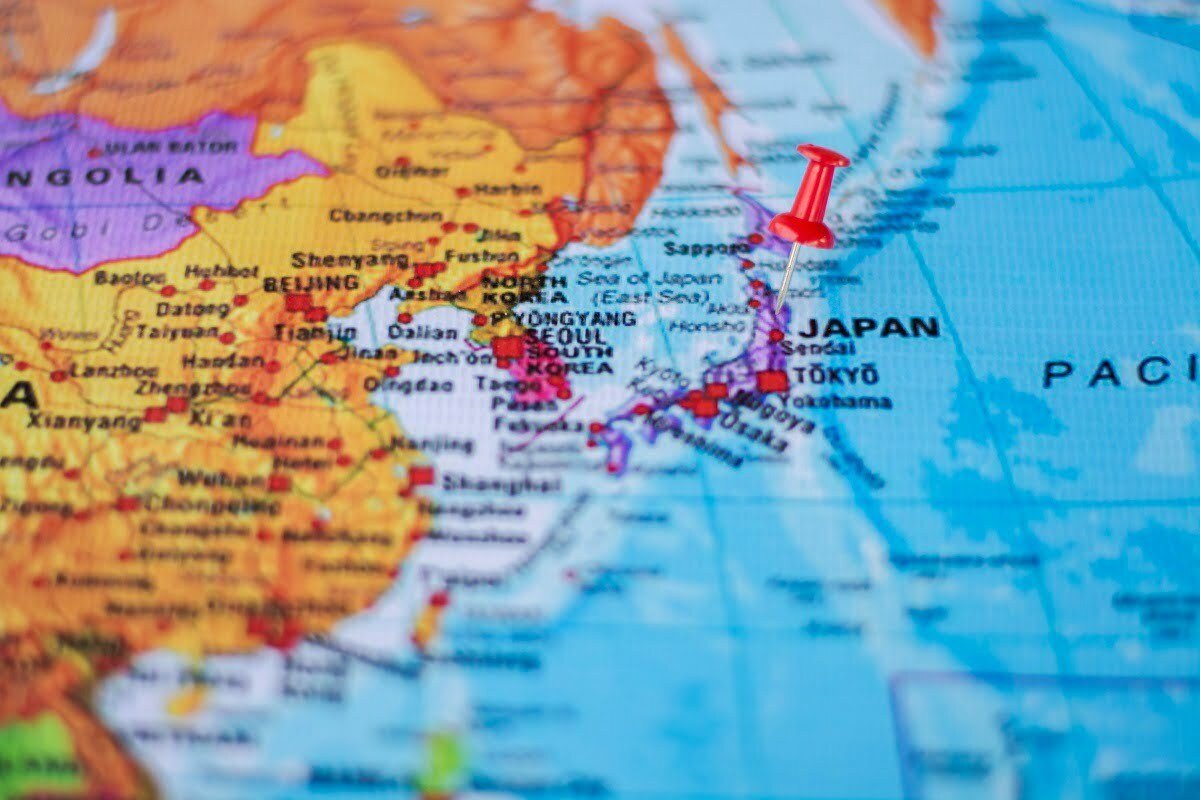
Population: 127.6 million
Capital: Tokyo
Official language: Japanese
Currency: Japanese Yen
Religions: Buddhism and Shinto

Manufacturing
Japan’s manufacturing industry is primarily the development and production of high technology such as electronics, medical devices, robotics. The majority of manufacturing takes place in the Tōhoku region in the northeast of Japan and Chūbu, the central region.
Agriculture
Although Japan’s agriculture industry has shrunk over the last few years, it still contributes to 1.4% national GDP. Japan is one of the largest producers of rice and also produces soybeans and vegetables such as green peppers in abundance.
Tourism
Tourism in Japan has grown by three times in the last five years and the country now has around 30 million visitors each year. This figure should increase greatly following the 2020 Tokyo Olympics next July.
Do…
Don’t…